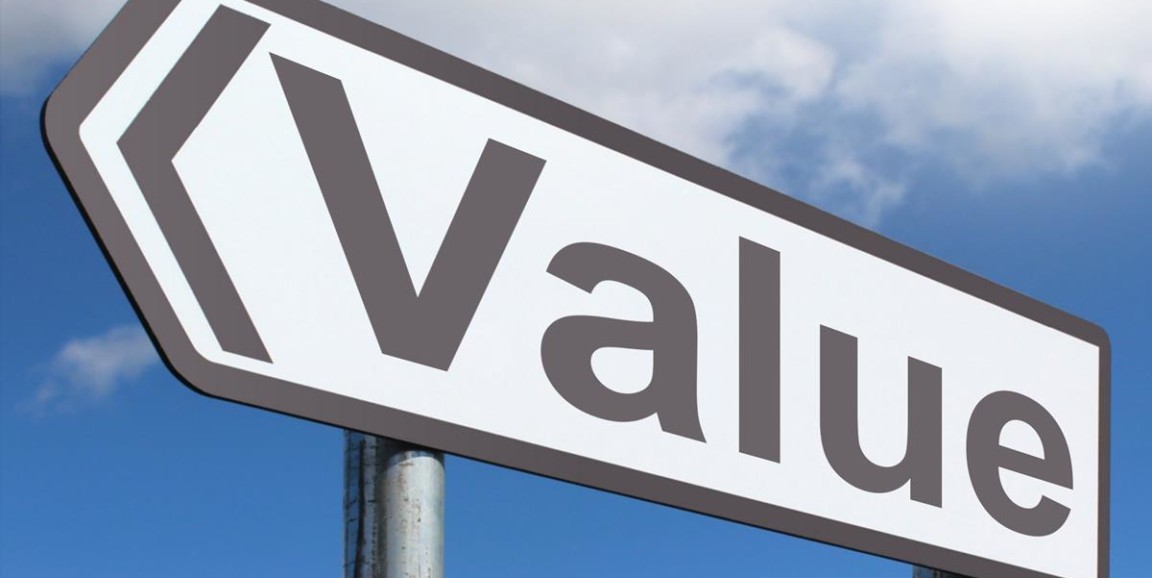Cancer care is expensive, with the cost of new chemotherapies exceeding $100,000 annually and the growth in cancer care costs increasing faster than the growth in general medical care costs. In addition, there is a widely acknowledged mismatch between the costs and benefits of treatment.
“The pricing of cancer drugs doesn’t appear to be related to their health benefit. This is problematic and unaffordable both for the health care system and for patients, who are expected to engage in not-insubstantial cost sharing,” explained Risha Gidwani-Marszowski, DrPH, a health economist at the VA Palo Alto Health Care System and at Stanford.
In response to this gap, oncology professional societies now recommend that oncologists consider the value of a treatment when making clinical recommendations, a major shift in clinical practice. But how are oncologists defining whether a therapy has “high value?” And how are they using this information?
Gidwani-Marszowski investigated these questions in a new study recently published in Value in Health. Her multi-institutional research team conducted in-depth interviews with 31 U.S. oncologists who practiced in a diverse range of environments, including academic medical centers, community medical centers and the Veterans Health Administration.
The researchers asked oncologists open-ended questions about larger questions regarding value — specifically, about the oncologists' definitions and measurements of value, as well as about their value-based choices.
"We didn’t want to operate under the erroneous assumption that we knew everything there is to know about the relevant features of the value problem,” said Gidwani-Marszowski. “We felt it would be better to keep things open-ended, so that practicing oncologists could tell us the aspects of value that were most relevant or salient to them.”
Once these in-depth conversations were transcribed, two independent investigators qualitatively assessed the transcripts to identify themes — pinpointing and recording patterns. Their analyses revealed that oncologist have wide ranging views. Gidwani-Marszowski explained:
One of the most interesting things we found through this work is that the divergent views exist at a very basic level — the definition of value. For example, in defining value, some oncologists said cost was one of multiple factors that should be considered, while others said cost had no role at all to play in value.
Additionally, some oncologists looked at cost in relation to a patient’s quality of life, while others looked at quality of life alone to measure value. One oncologist explained in the paper: "I think [value] shouldn’t just be measured by overall survival, but quality of life has to really be integrated into that. I’m extending the patient’s life by two months, if they’re filled with chemotherapy side effects and toxicity, have we increased the value?”
The oncologists also disagreed on how value should be measured, who should assess the value of a treatment and whether value should be discussed with the patient.
For one oncologist, conversations about costs are important: "I tend to explain to them what the cost is and what the benefit is. And some patients actually say, 'I don't think it's worth it.' ... So I will give them [information about the] cost and the side effects and the benefit and we'll make the decision together."
For another oncologist, the conversations don't work well: "Most of the time we don't [discuss the cost of care] because then the patients and families think hey, these guys are looking at dollars and not providing the care... So that's kind of really controversial. Plus it's very uncomfortable even to talk about the money and the care we provide to them..."
Now, the team is using the results from these in-depth interviews to design a closed-ended survey, which they plan to disseminate to a large sample of oncologists across the country. Gidwani-Marszowski explained:
Oncologists often have the best understanding of the effectiveness of a particular drug in a specific patient and largely guide the purchasing of care for cancer patients. Thus, it is partly through understanding their perspectives that we can improve the value of cancer care.
Gidwani-Marszowski also told me that for value efforts to be successful, a critical first step is to make sure all of the relevant stakeholders — oncologists, patients, caregivers, other health care providers, payers, health economists and policymakers — are able to reach a consensus on the definition of value in cancer care. That will build a foundation for efforts to establish thresholds for value, mechanisms to measure value, and ultimately, efforts to improve the value of cancer care, she said.
Image by Nick Youngson




